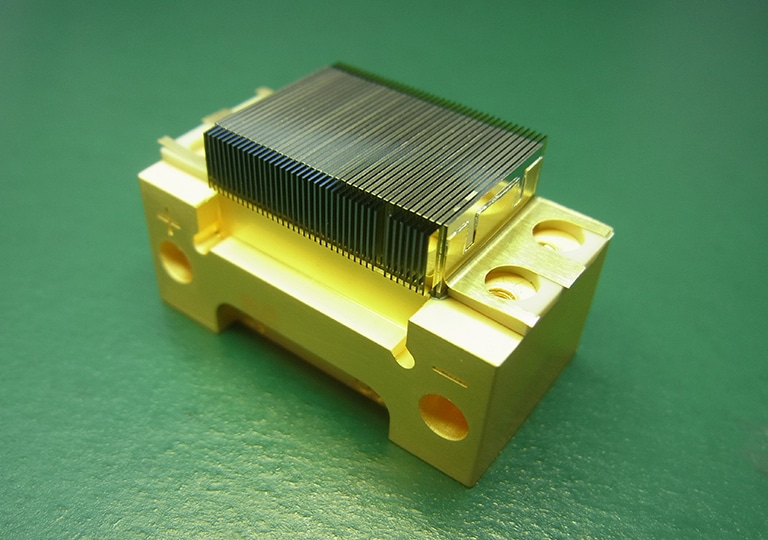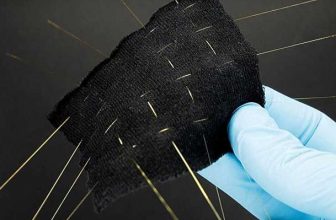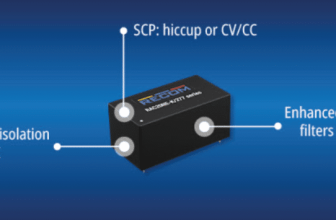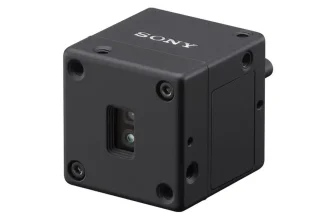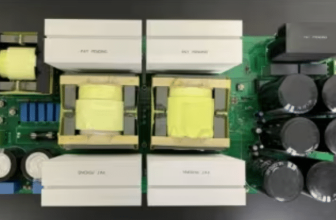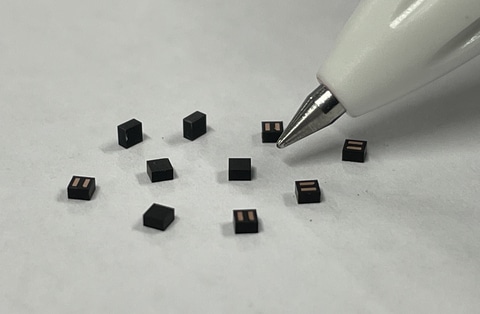
Check out our latest products
The light source for 3D sensors provides flexible, affordable light options and improves sensor performance for AR, VR, smartphones, cars, and healthcare.

SCIVAX Corporation and Shin-Etsu Chemical Co., Ltd. have developed Amtelus, a light source device for 3D sensors, and its mass production technology. It is helpful for companies in augmented reality (AR) and virtual reality (VR), as its size fits into devices like AR glasses, and its light emission supports 3D sensing.
Due to its size and cost, smartphone manufacturers can also use Amtelus for applications such as facial recognition or gesture control. The automotive industry, especially those working on advanced driver-assistance systems (ADAS) or autonomous vehicles, can benefit from its sensor performance and integration. Additionally, consumer electronics manufacturers, including those producing smartwatches and wearables and healthcare and life sciences sectors working with vital sensors or medical devices, can use Amtelus for its performance and size.

The company has claimed to have developed a high-hardness material that can be diced and has the necessary optical properties and sealing capabilities to protect the device. Using this material, SCIVAX created Amtelus, the smallest light source device that integrates the functions of Platanus. The device is smaller, with a mounting area of 1 mm² or less, ten times smaller than previous models, and a thickness reduced by half or more.
Amtelus has several key features. First, its compact size helps reduce the space needed for the light-emitting part, making it ideal for devices like AR glasses, smartphones, and other small gadgets. You can also use multiple Amtelus modules together to improve sensing accuracy.
Another feature is its flexible light emission. The Platanus optical lens can create different light patterns, with wide fields of up to 140 degrees or more and a high aspect ratio. This flexibility allows for custom light patterns to meet specific customer needs.
Lastly, Amtelus is cost-effective. Advanced nanoimprint technology combines the lens and light source into a single resin package, making it more affordable than traditional solutions.
For more information, click here.


![[5G & 2.4G] Indoor/Outdoor Security Camera for Home, Baby/Elder/Dog/Pet Camera with Phone App, Wi-Fi Camera w/Spotlight, Color Night Vision, 2-Way Audio, 24/7, SD/Cloud Storage, Work w/Alexa, 2Pack](https://m.media-amazon.com/images/I/71gzKbvCrrL._AC_SL1500_.jpg)



![[3 Pack] Sport Bands Compatible with Fitbit Charge 5 Bands Women Men, Adjustable Soft Silicone Charge 5 Wristband Strap for Fitbit Charge 5, Large](https://m.media-amazon.com/images/I/61Tqj4Sz2rL._AC_SL1500_.jpg)

